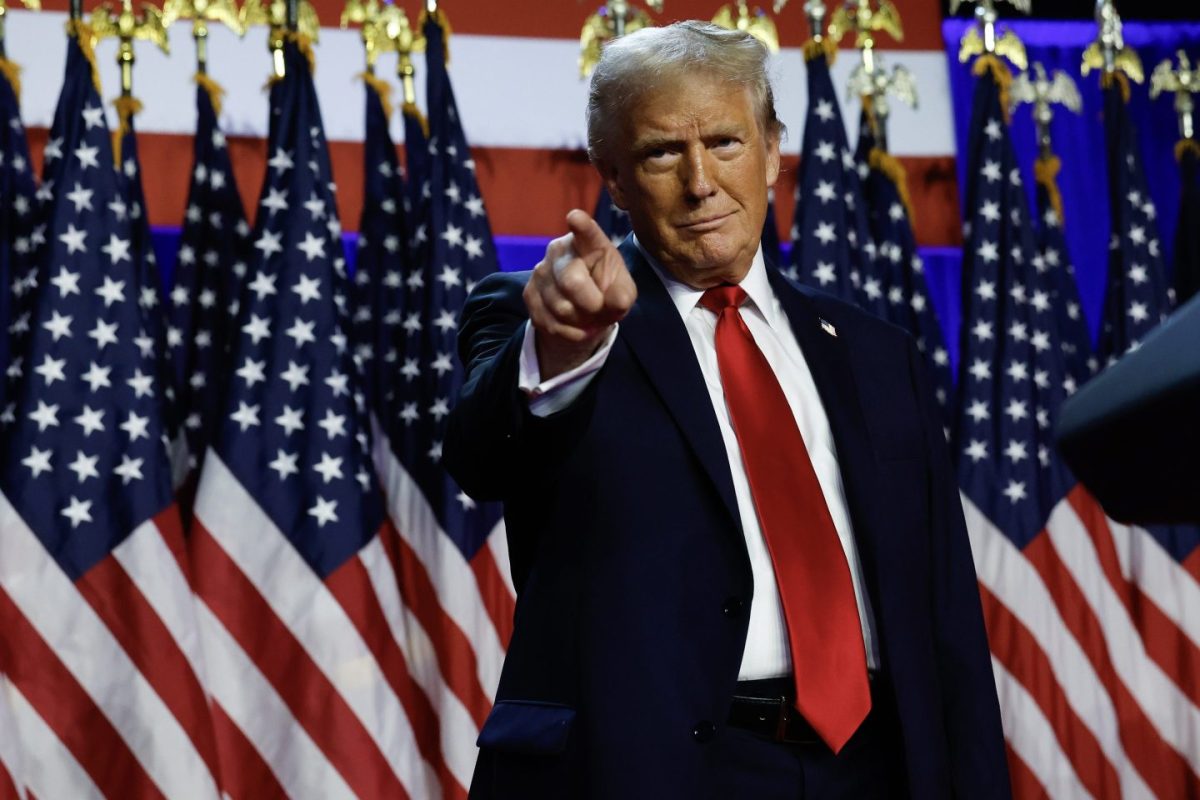We’ve all been there: that point mid-lecture, when your professor switches gears from talking about microbiology to preaching about politics. In some classes, with some professors, it almost seems inevitable. No matter what topic is being discussed, they find some way to work in their political opinions. I do not intend to infringe on any individual’s freedom of speech. However, I do find it to be disturbing when a person (other than a politician) uses his or her position of authority to not only promote their political beliefs, but to idealize them.
Instructors should be encouraging students to develop their own thoughts and ideas. Unfortunately, many students take on the “if my teacher said it, it must be true” mentality. The majority of Americans are misinformed or completely uninformed when it comes to our country’s political issues. The future depends on the minds of today’s youth, especially the minds that are supposed to be enlightened by college, but instead are being squandered by it.
This political brainwashing does not just happen on the college level. Younger students, whose minds are even more malleable than our own, are being negatively influenced by their teacher’s opinions. My sister, who is a senior in high school, has a class in which the teacher is a huge fan of Obama. Each night she brings home homework that is Obama-focused. She has researched his background, his policies, and his overall views. And while Barack Obama has definitely stirred things up around the nation, last time I checked, there was another candidate named John McCain. These students aren’t even going to realize that their teacher is being biased. They will simply accept that the only candidate who matters is the one that they have studied.
If voicing an opinion was the furthest a professor ever went, this would not be an issue. However, rather than simply stating an opinion, or working it casually into conversation, select professors teach their opinions. They treat their very biased beliefs as facts, and present them in such a manner. Not only is this inaccurate, but it can also be insulting to a student who may not share those particular views.
I’ve often heard that if a teacher tells you his political views, he is automatically a Democrat. Obviously, this is a great generalization and oversimplification, but there is some truth behind it. In Connecticut, or even in the Northeast, the majority of the population has democratic beliefs, leaving Republicans in the minority. Therefore, individuals (professors included) often assume that they are surrounded by a group of Democrats. This leads those Democrats to feel comfortable in preaching their opinions, while leaving the few-and-far-between Republicans much more cautious.
It would be impossible to attend classes in a completely unbiased atmosphere. Teachers should feel free to give their opinions, but only if they are willing to accept others’ opinions as well. Political opinions do not need to include criticism, hatred, accusations, or assumptions. And most importantly, opinions should be given, not taught.



